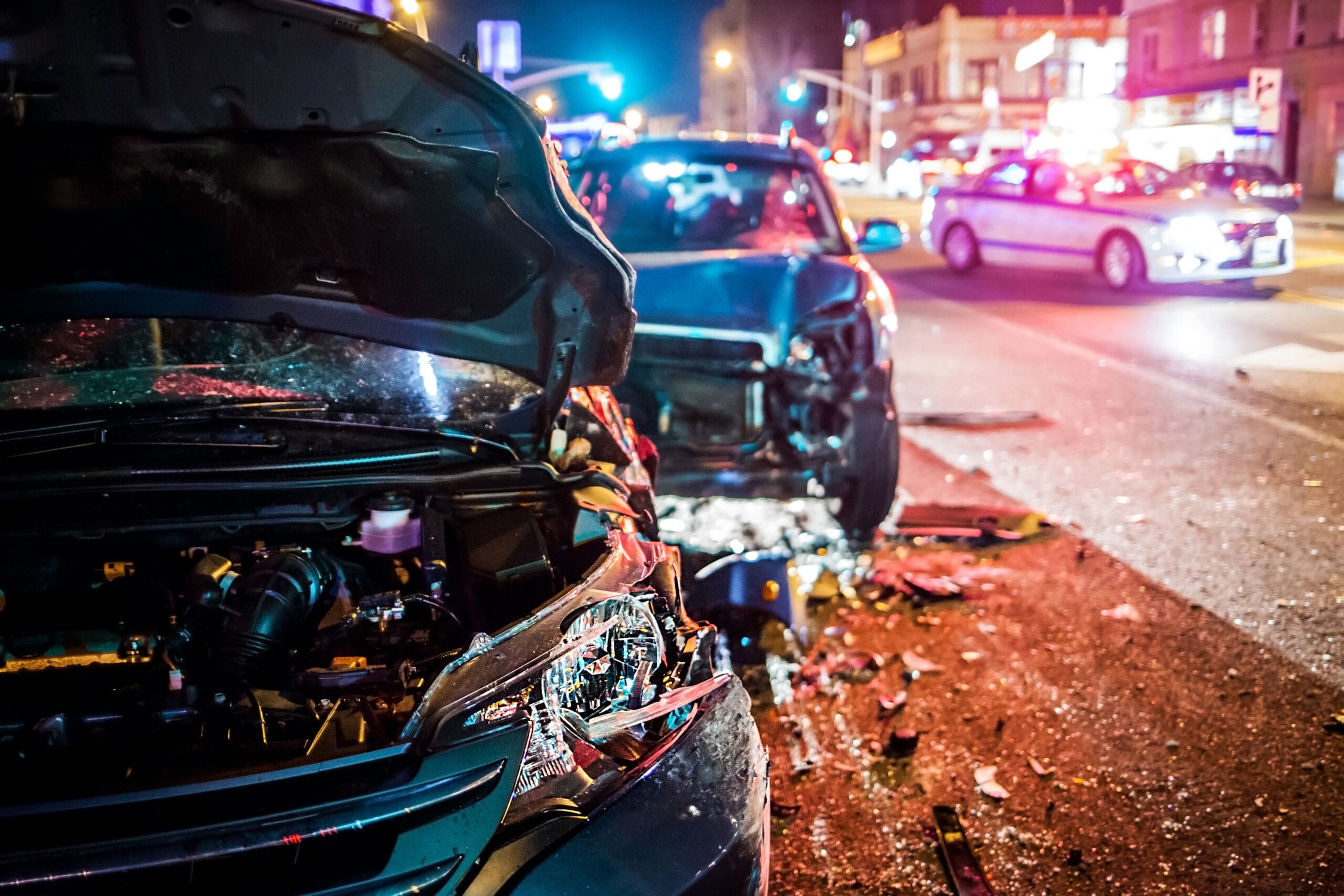According to the National Highway Traffic Safety Administration (NHTSA), approximately 30,000 people die each year on U.S. roads. The NHTSA found that 94% of those fatalities can be attributed to a decision made by a human. Consequently, the NHTSA is drafting a model policy to guide manufacturers and the individual states as highly automated vehicle (HAV) technology becomes more prevalent. The NHTSA’s authorities believe that reducing or eliminating human error and decision making from operating a vehicle can prevent tens of thousand of roadway deaths per yer. Notwithstanding those lofty ambitions, there is still work to be done to ensure that HAVs are safe. Currently, auto manufacturers must self-certify that the HAV vehicles they produce meet the mandated Federal Motor Vehicle Safety Standards. Developing federal guidance, regulations, and best practices will assist vehicle manufacturers to produce safe and efficient HAVs.
Georgia, as a sovereign state, has an interest making certain that HAVs operate safely on its roads. In fact, a federal statute requires every state to do what they can to reduce highway crashes, injuries, deaths, and property damage. Therefore, the state has a similar interest in doing what it can to make travel motor vehicle travel safer within its borders. To accomplish these goals, states enjoy the right to make rules relating to driver education, minimum standards for driver’s license issuance, enforcement and development of traffic safety laws, insurances and registration requirements, and highway design, among others. Consequently, the NHTSA advises states to pass laws and regulations concerning HAV use in their state. The NHTSA, in doing so, expressed a preference for states to use similar, although not identical, laws and not to impede technological progress by passing an over-abundance of rules and regulations.
The NHTSA acknowledges in its policy considerations that states have always been afforded wide latitude to regulate the operation of motor vehicles on roads and the licensing of motor vehicle operators. The agency has identified several issues of state law that will affect the continued production of HAVs, and consumer acceptance of the technology. State law has also defined liability for injuries as well. With guidance from NHTSA, the states should begin to examine how they should apportion responsibility for a crash. An accident involving an HAV exposes the operator or driver, the vehicle owner, passenger, and the manufacturer to liability. How states allocate responsibility will influence the insurance industry as well. The NHTSA encourages states to determine in advance who will need to be insured when operating or riding in an HAV.
Coincidentally, the NHTSA recognizes that motorists may become more distracted when operating an HAV that is not entirely automated than when operating a traditional motor vehicle. Consequently, law enforcement must develop methods of investigating incidents involving HAVs. The NHTSA, recognizing the potential hazard driver distraction and inattention poses, recommends that law enforcement develop methods to detect and discourage distracted operation. HAVs are not fool proof. They require the operator’s attention to driving safely. The NHTSA discourages HAV drivers from eating, drinking, or using electronic devices while using the vehicle. Even though the vehicles can maneuver with little to no human interaction, the driver must remain vigilant behind the wheel in the event human override is required in a particular situation.
Much work remains to be done, and there is no doubt that technological developments outpace changes in the law. Therefore, states must work in close collaboration with federal agencies like the NHTSA to safely deploy HAVs and fully automated motor vehicles.
Put Our Law Firm’s Over 39 Years Of Legal Experience To Work For Your Case!
The time you have to legally receive compensation is limited. Call Montlick Injury Attorneys, Attorneys at Law for your free consultation today. Montlick Injury Attorneys, Attorneys at Law has been representing those who suffer serious injuries throughout all of Georgia and in the Southeast for over 39 years, including but not limited to Albany, Athens, Atlanta, Augusta, Columbus, Gainesville, Macon, Marietta, Rome, Roswell, Savannah, Smyrna, Valdosta, Warner Robins and all smaller cities and rural areas in the state.
No matter where you are located our attorneys are just a phone call away, and we will even come to you. Call us 24 hours day/7 days a week for your Free Consultation at 1-800-LAW-NEED® (1-800-529-6333). You can also visit us online at www.montlick.com and use our Free Case Evaluation Form or 24-hour live chat.
Sources:
https://one.nhtsa.gov/nhtsa/av/av-policy.html
Montlick Injury Attorneys, Attorneys at Law
17 Executive Park Dr NE
Atlanta, GA 30329
Telephone: 1 (800) LAW-NEED
Telephone: 1 (404) 529-6333
Open: 24 hours, 7 Days a Week


